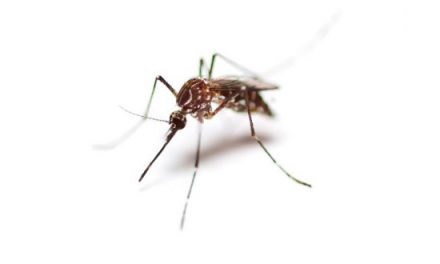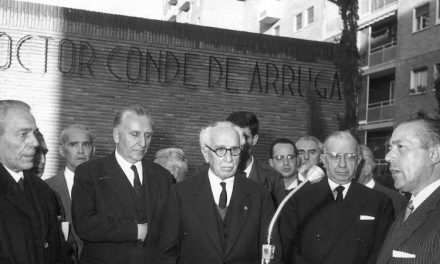Núria Montserrat, a regular collaborator of the RAED, leads the research group that has managed to create human kidneys from stem cells
 Núria Montserrat, researcher at the Catalan Institution of Research and Advanced Studies (Icrea) and the Institute of Bioengineering of Catalonia and regular collaborator of the Royal European Academy of Doctors-Barcelona 1914 (RAED), leads the research group that has managed to create for the first time three-dimensional cultures, known to the scientific community as organoids, from pluripotent stem cells. These structures resemble human kidney embryonic tissue during the second trimester of pregnancy.
Núria Montserrat, researcher at the Catalan Institution of Research and Advanced Studies (Icrea) and the Institute of Bioengineering of Catalonia and regular collaborator of the Royal European Academy of Doctors-Barcelona 1914 (RAED), leads the research group that has managed to create for the first time three-dimensional cultures, known to the scientific community as organoids, from pluripotent stem cells. These structures resemble human kidney embryonic tissue during the second trimester of pregnancy.
Through the use of biomaterials that mimic the microenvironment of the embryo, the group of researchers led by Montserrat has also achieved that these small kidneys present relevant characteristics for their immediate use in the modelling of renal pathologies, according to the most recent scientific journal “Nature Materials”. The Clinic Hospital in Barcelona, the Spanish Superior Council of Scientific Research, the University of Barcelona and the Salk Institute of Biological Studies of La Jolla (California) have also participated in the research.

Organoide created by IBEC
The work reveals that these three-dimensional cultures mimic fundamental aspects during the formation of the kidney, as the distribution, functionality and specific organization of the cells. Likewise, the study allows to generate a fundamental knowledge about how this organ is developed and, at the same time, facilitates the design of experiments focused on the screening of therapeutic compounds destined to the renal regeneration.
To carry out this process, the researchers, mostly women, have used pluripotent stem cells with which they have been able to recapitulate the embryonic development of the kidney and have generated miniroids simulating the hardness of the embryonic microenvironment through the use of biomaterials following the studies of the renowned Spanish biologist Juan Carlos Izpisúa.




